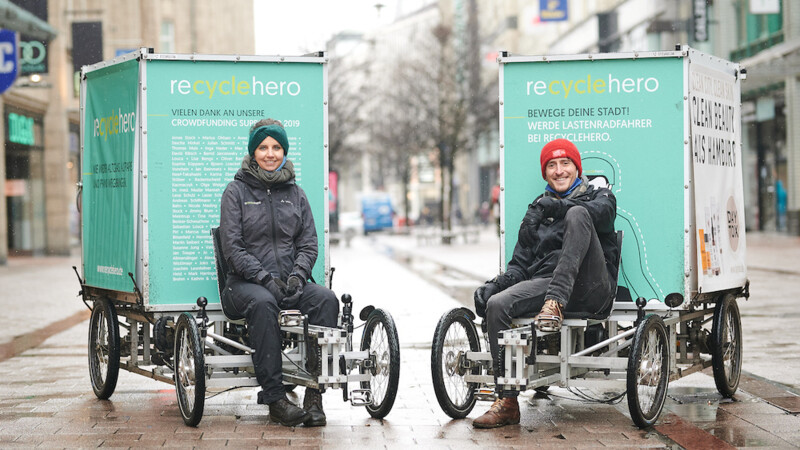Participants will learn about toilet paper, supply chains and wild plastic and analyse waste collection structures on the ground. "Wild plastic" is neither recycled nor disposed of sustainably. The Wildplastic start-up collects it in countries that lack any functioning waste systems. The collected plastic becomes "wild bags" i.e., a sustainable alternative to bags made from new plastic, which at best never end up in the environment again. Simply returning plastic to the production cycle reduces the amount of new plastic produced as well as the reliance on fossil fuels. According to Wildplastic, a bag made from "wild plastic" saves around 60 per cent of CO2 - compared to a new plastic waste bag. The Otto Group in Hamburg has joined forces with Wildplastic to replace conventional plastic shipping bags with "wild bags".
Goldeimer and Wildplastic fighting global plastic blight
The Hamburg-based non-profit company, Goldeimer, and Wildplastic have joined forces with ASApreneurs and Green Worms, a social enterprise based in India, to fight the scourge of plastic as part of a six-month project. Goldeimer is now packaging toilet paper in so-called wild plastic to return such waste to the production cycle and give people worldwide safer access to sanitation. In 2019, 6.28 million tonnes of plastic waste were generated in Germany alone.
Saving 60 per cent CO2 emissions
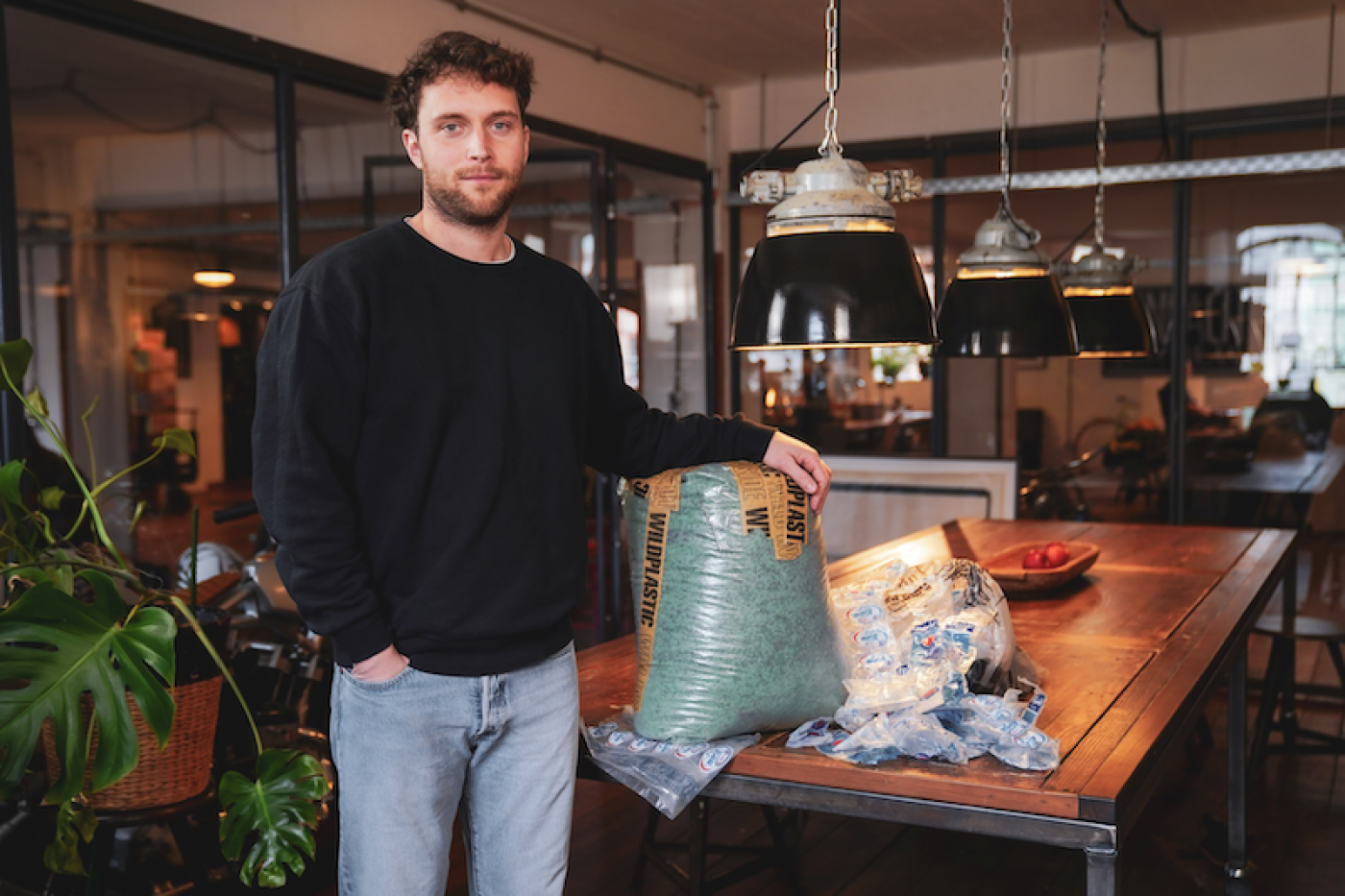
Rethinking consumption
Commenting on the collaboration with the Otto Group, Christian Sigmund, joint founder of Wildplastic, told Hamburg News in an interview: "We can only get a grip on the plastic scourge, if we rethink our consumption and clean up existing plastic. Every mailing bag made of wild plastic contributes to that goal."
"Everyone for toilets! Toilets for everyone!"
Malte Schremmer, founder of Goldeimer, gained first-hand experience of poor sanitation during a trip to Burkina Faso. On his return to Germany, he mulled the importance of toilets for society. Goldeimer was eventually founded and is now a branch of the Hamburg-based non-profit association Viva con Agua. The former produces sustainable, mobile composting toilets and makes them available for festivals, as well as the "social toilet paper" made of fully recycled paper which will be packaged in "wild plastic" in future.
mb/ys/pb
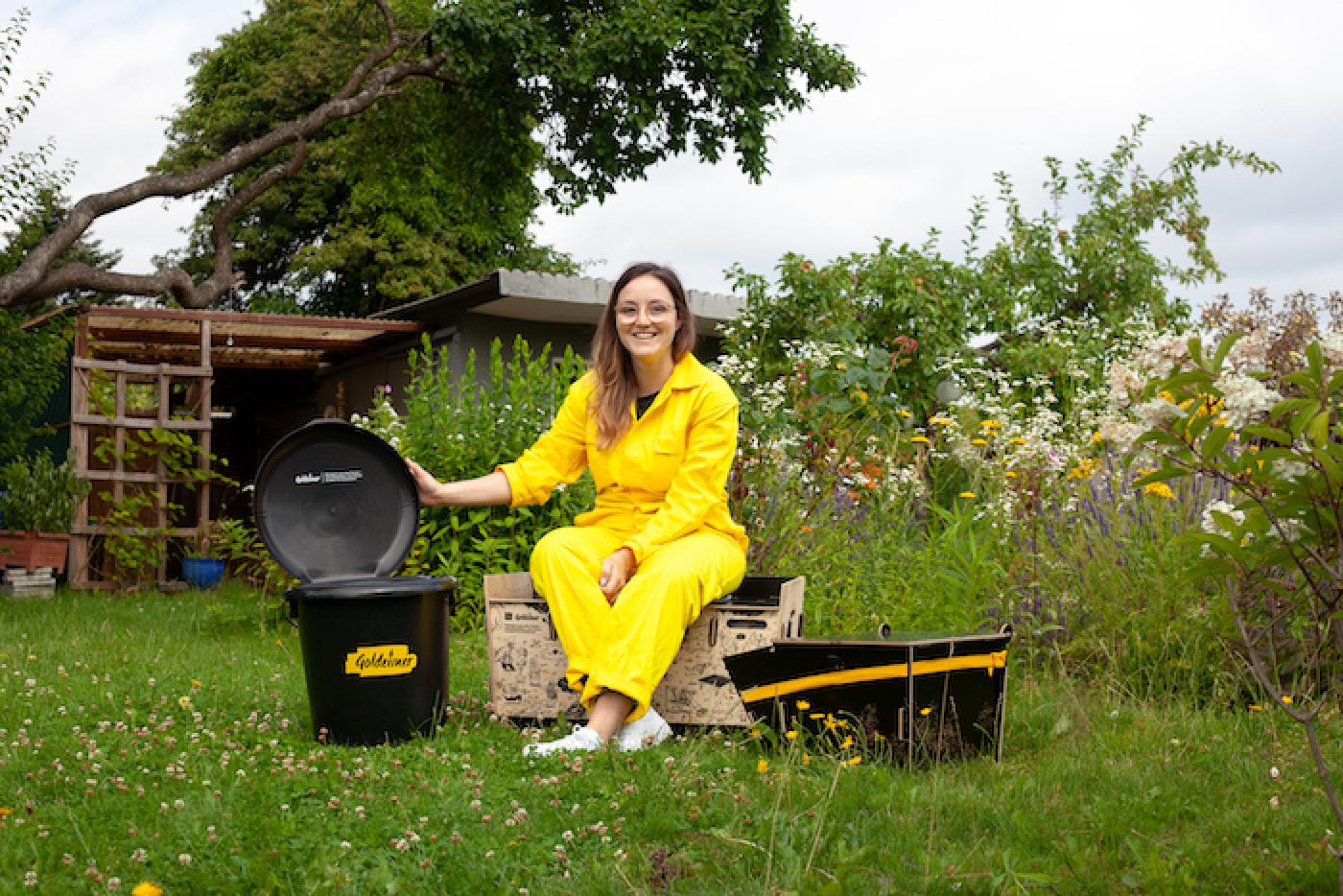
Sources and further information
More
Similar articles
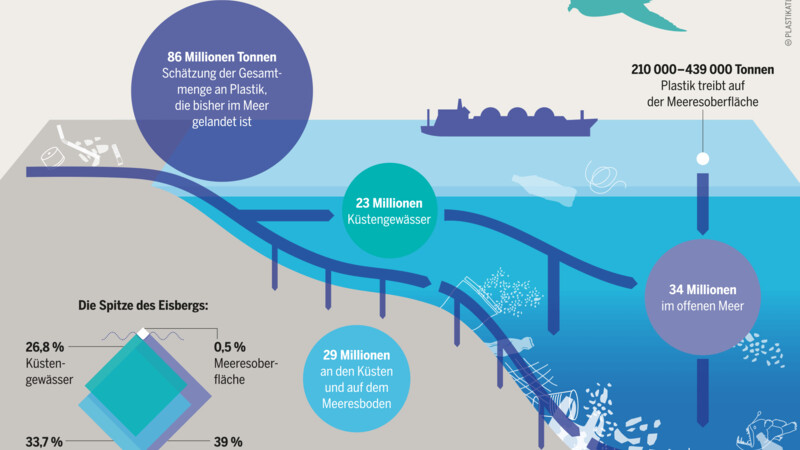
Hamburg coming up with solutions to menace of plastic
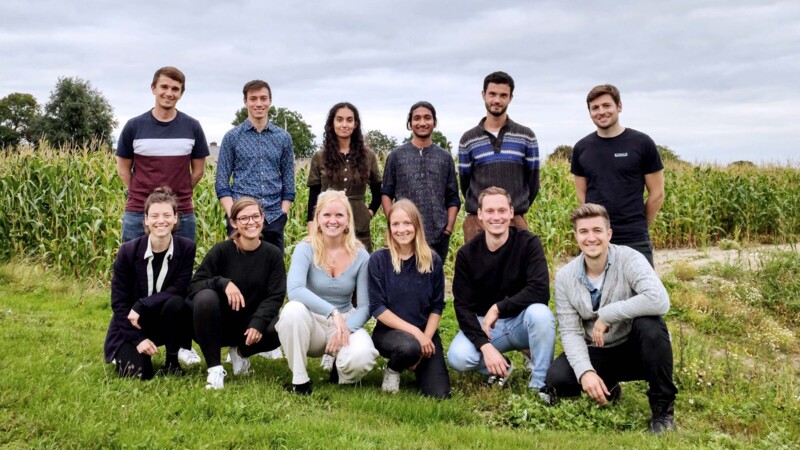
EUR 2.42 million for Traceless from European Innovation Council
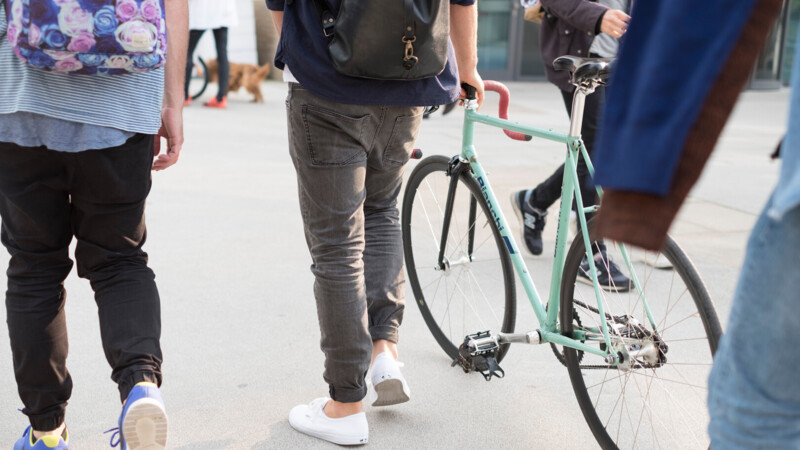
Hamburg funding eleven social entrepreneurship projects
